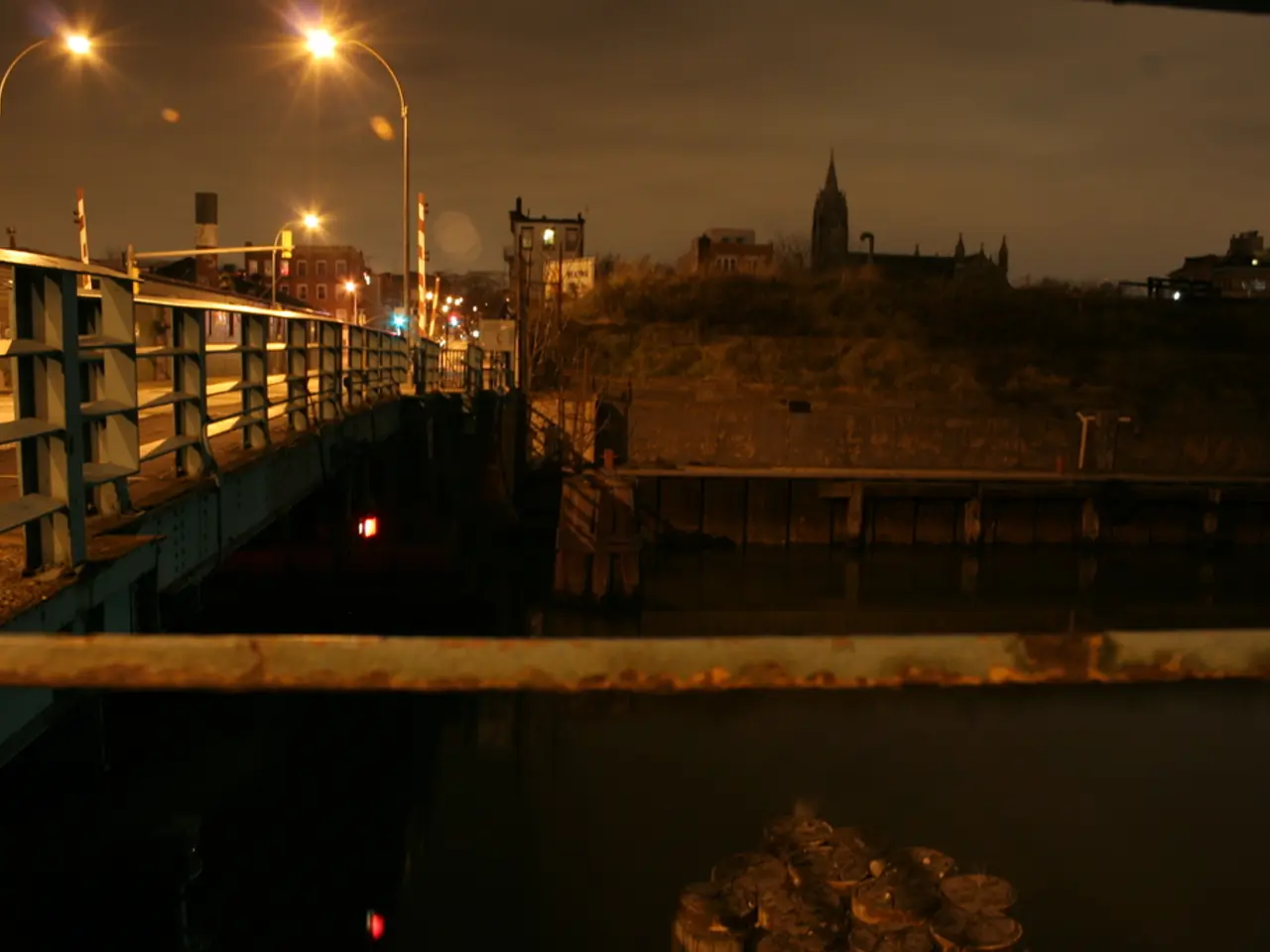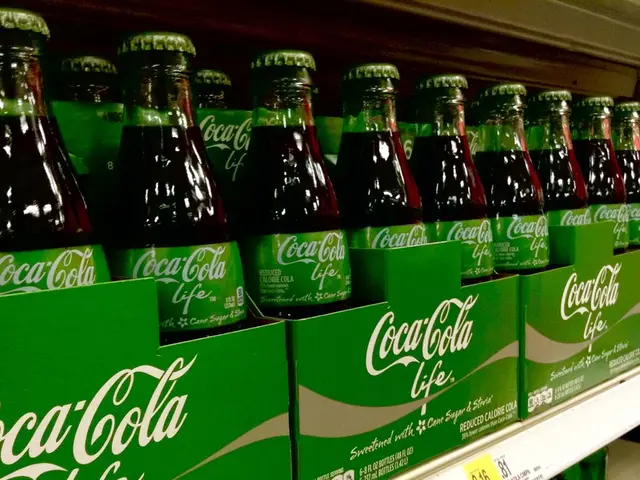BC Hydro Expands Electric Vehicle Fast-Charging Stations Threefold in a Year, Aims for 800 Charging Ports by 2026
BC Hydro is actively expanding its Electric Vehicle (EV) charging network across British Columbia, aiming to improve charging speed and accessibility, particularly in rural areas. The growing EV population in the province currently stands at around 195,000 vehicles.
The expanded network supports various connector types, including CCS, NACS, and CHAdeMO, ensuring compatibility with a wide range of EVs. BC Hydro's commitment to future-proof infrastructure is evident in its alignment with emerging standards such as the North American Charging Standard (NACS).
Progress includes the deployment of faster chargers, with the network's power output quadrupling from 10 megawatts to 41 megawatts over the past year. BC Hydro has tripled the size of its public fast-charging network, adding 418 new charging ports.
BC Hydro's network now operates 591 charging ports across the province, with major site expansions at locations such as Vancouver's Kerrisdale hub, Maple Ridge's Haney Place Mall, and the Colwood Park & Ride on Vancouver Island.
The expansion forms part of a broader vision to integrate a fleet of batteries connected to the grid to help manage localized power needs and enhance system reliability. Future plans encompass expanding the charging network coverage significantly to serve both urban and rural communities, integrating battery energy storage systems, and continuing investments in clean and renewable energy sources.
BC Hydro has introduced next-generation 350-kilowatt (kW) chargers at select locations, which can add up to 100 kilometers of range in just five minutes. Even faster options are on the horizon, with the first 400 kW chargers expected to roll out later this year. These chargers will deliver 100 kilometers of range in only three minutes on compatible EVs.
BC Hydro aims to expand its network to 800 charging ports by spring 2026. Chris O'Riley, President and CEO of BC Hydro, stated that BC Hydro is a key partner and a leader in North American EV adoption.
The EV Charging Progress Report is available for download, providing more detailed information about BC Hydro's efforts to support British Columbia's EV adoption growth while enhancing clean energy integration and grid resilience. It is expected that the EV population in British Columbia will grow to between 700,000 and 900,000 by the mid-2030s.
Note: BC Hydro offers a referral link for purchasing a Tesla, which provides three months of Full Self-Driving (FSD) if it helped in the decision. However, this fact is not directly related to the news article.
References:
- BC Hydro, "BC Hydro expands EV charging network to boost speed and accessibility," BC Hydro, 2022. [Online]. Available: https://www.bchydro.com/news/bc-hydro-expands-ev-charging-network-to-boost-speed-and-accessibility.html
- BC Hydro, "BC Hydro's EV Charging Progress Report," BC Hydro, 2022. [Online]. Available: https://www.bchydro.com/content/dam/bchydro/documents/about-us/reports-and-publications/ev-charging-progress-report.pdf
- Government of British Columbia, "North American Charging Standard," Government of British Columbia, 2022. [Online]. Available: https://www2.gov.bc.ca/gov/content/industry/electricity-alternative-energy/electric-vehicles/north-american-charging-standard
- BC Hydro, "BC Hydro's 2025 Call for Power," BC Hydro, 2022. [Online]. Available: https://www.bchydro.com/content/dam/bchydro/documents/about-us/reports-and-publications/call-for-power-2025.pdf
- BC Hydro, "BC Hydro's Clean Energy Strategy," BC Hydro, 2022. [Online]. Available: https://www.bchydro.com/content/dam/bchydro/documents/about-us/reports-and-publications/clean-energy-strategy.pdf
- BC Hydro's expanded electric vehicle (EV) charging network supports various connector types to ensure compatibility with a wide range of EVs, such as CCS, NACS, and CHAdeMO, aligning with emerging standards like the North American Charging Standard (NACS).
- BC Hydro's efforts are future-proofing infrastructure by increasing the power output of chargers, making faster charging possible, with the network's power output quadrupling from 10 megawatts to 41 megawatts over the past year.
- As a key partner and leader in North American EV adoption, BC Hydro is expanding its network to 800 charging ports by spring 2026, introducing next-generation 350-kilowatt (kW) chargers and planning to roll out the first 400 kW chargers later this year.
- Progress in EV charging goes hand in hand with integrating battery energy storage systems and enhancing system reliability, forming part of BC Hydro's broader vision for future investment in clean energy sources and integration with the grid.
- The growing EV population in British Columbia currently stands at around 195,000 vehicles, and it is expected to grow to between 700,000 and 900,000 by the mid-2030s.
- To support British Columbia's EV adoption growth, BC Hydro provides detailed information on its efforts in the EV Charging Progress Report, which also includes a focus on clean energy integration and grid resilience, available for download on their website.




